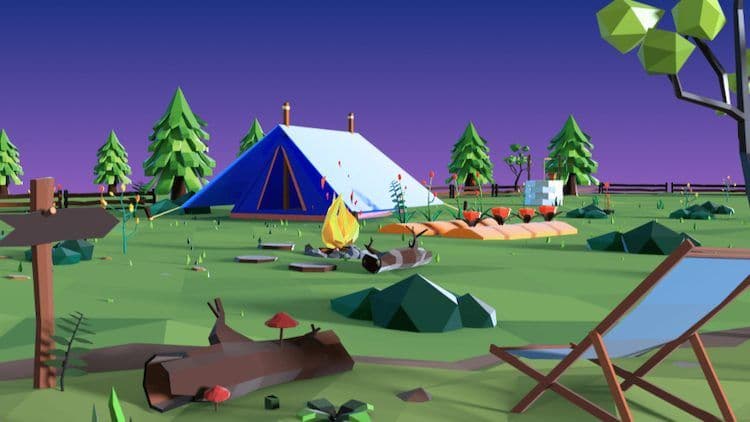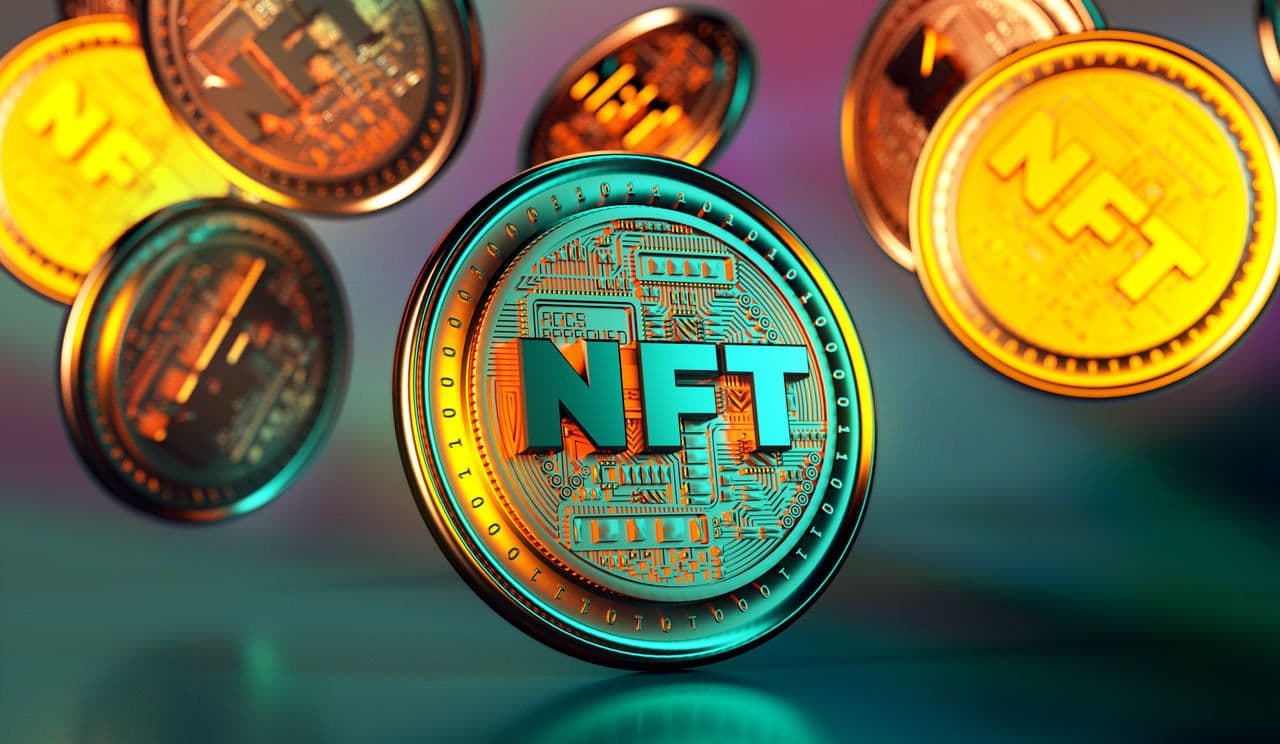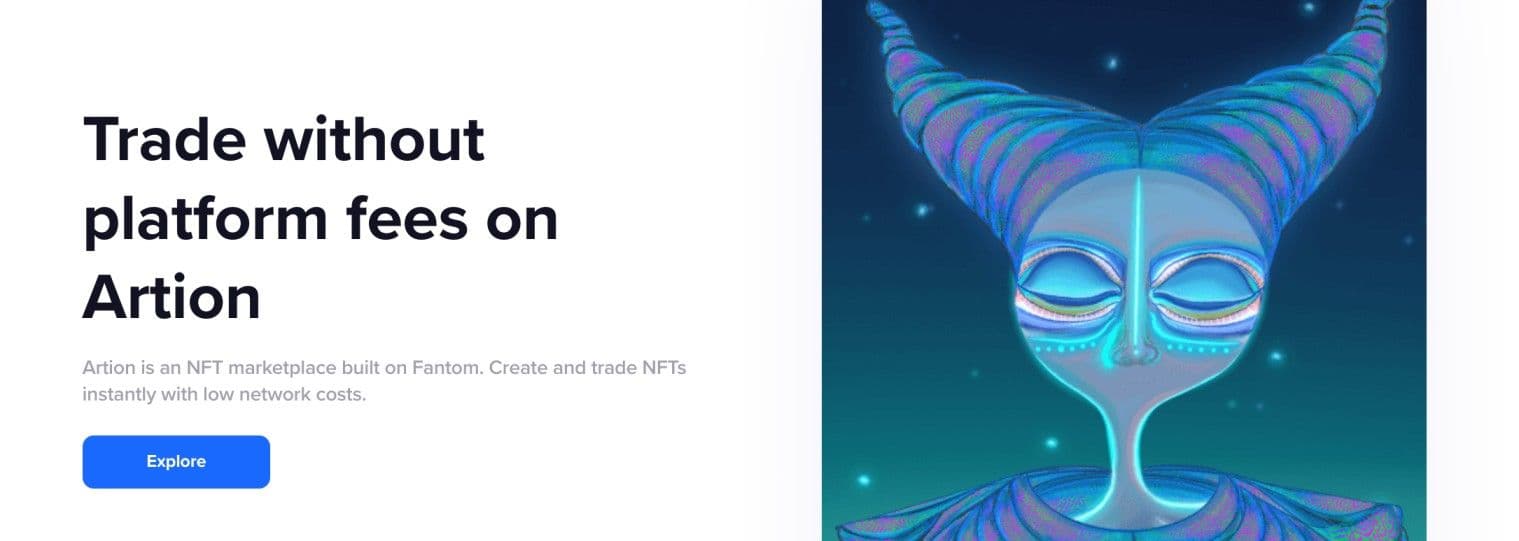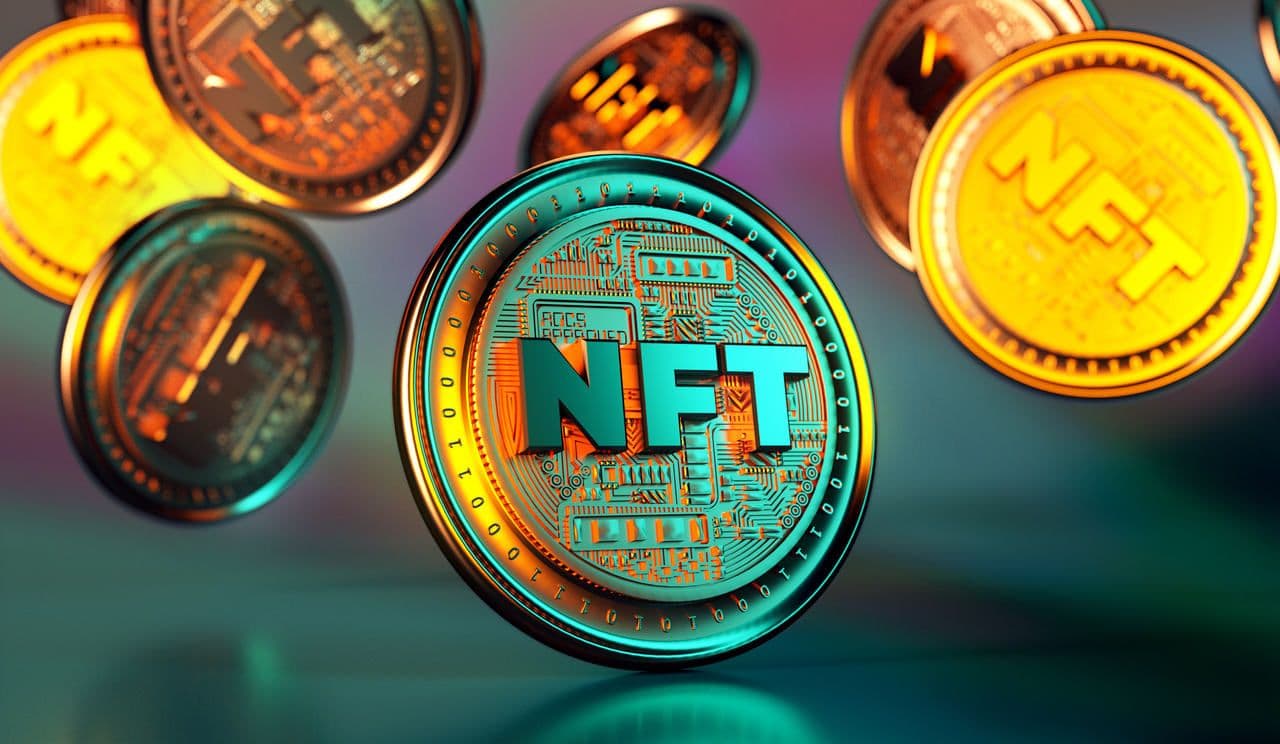The Top 5 NFT Marketplaces
Non Fungible Tokens are the next big trend after the DeFi craze. They have been growing in popularity. Here are the top 5 NFT marketplaces.

Non Fungible Tokens (NFTs) are the next big trend after the DeFi craze. They have been growing in popularity and impact lately. NFTs are Non Fungible Tokens, i.e. they are unique and not exchangeable on a 1:1 basis with other tokens. NFTs can be art, collectible cards, a person’s time or provided services, game items, domains, etc. In short, all tokenizable real virtual “assets”.
Why do they matter? Because they can be used convincingly to prove authenticity and ownership on the public blockchain. Just like the original items or things, they retain their worth, even though the duplicates are arguably easy to make. Just like the original Mona Lisa is worth more than the identical copy you have hanging at home.
Two Ethereum standards govern the creation, modification, and transfer of NFTs, namely ERC-721 (supporting single tokens creation and requiring a different smart contract every time) and ERC-1155 (supporting batch transfer and allowing a single smart contract to mint infinite tokens). To support the NFTs indexing and sale/transfer, different marketplaces have sprung up. The top 5 NFTs marketplaces are as follows.
What is an NFT?
NFTs are basically digital ownerships tokens, that run on blockchains that support smart contracts, such as Ethereum. Their non-fungibility is similar to real-world contracts, where you can’t trade one contract to another, because the “actual content” differs from each other. Same things for NFTs, where you can interchange them as their underlying “contract” changes with each one, hence their non-fungible nature.
5. Enjin Marketplace
Enjin is the official marketplace for Enjin based NFTs. It allows users to discover, buy and sell NFTs from the web-based interface and also the native Enjin wallet. The marketplace was potentially one of the earliest to go online. It allows users to pay with ENJ – the native Enjin token, however, ETH is still required to process transactions.

The platform is aimed at gamers especially, with different items usable across multiple games. Enjin marketplace has significant trading volume, lists thousands of assets, and features a clean clutter-less interface.
4. Rarible
Rarible offers minting and marketplace services for NFTs. It even has a governance token called RARI, which allows users to participate in voting on important matters. The users can keep the minted NFTs, gift them and sell them on the marketplace.

The interface allows for creators to set “royalties” meaning that they can receive shares from every subsequent transfer of ownership. The interface is neat and filled with simple tutorials to help people navigate around.
3. Super Rare
Super rare, as the name states, deals in super rare art. It’s an NFT marketplace that deals with unique digital art-works. The platform features a simplified experience, social profiles, mobile app, live auctions, extended payment options, and improved management.

2. Decentraland
Decentraland is an informal NFT marketplace, it’s best described as a fully decentralized digital world – a Sims-like virtual reality. The users can purchase plots of land (non-fungible unique digital assets) that they can develop upon. It includes the record of the location, owner, content description, and access controls.

The Decentraland DAO holds important smart contracts and assets that makeup Decentraland. It also controls a high amount of MANA tokens which allows autonomous function, provision of subsidy, normal operation, etc. The community can vote on policy updates, future LAND auctions, determining the NFT contracts allowed, builder and marketplace, etc. In short, they can vote on, whatever they want to vote on. The governance mechanism is built-in and powered by Aragon.
1. OpenSea
The first and largest marketplace, OpenSea focuses on every type of Non-Fungible Token (NFT). It allows users to sell art, game items, collectibles, virtual stuff, domain names, etc. OpenSea variety and transaction volumes eclipse that of any other similar platform. The platform has auction features and integrations with crypto infrastructure.






























